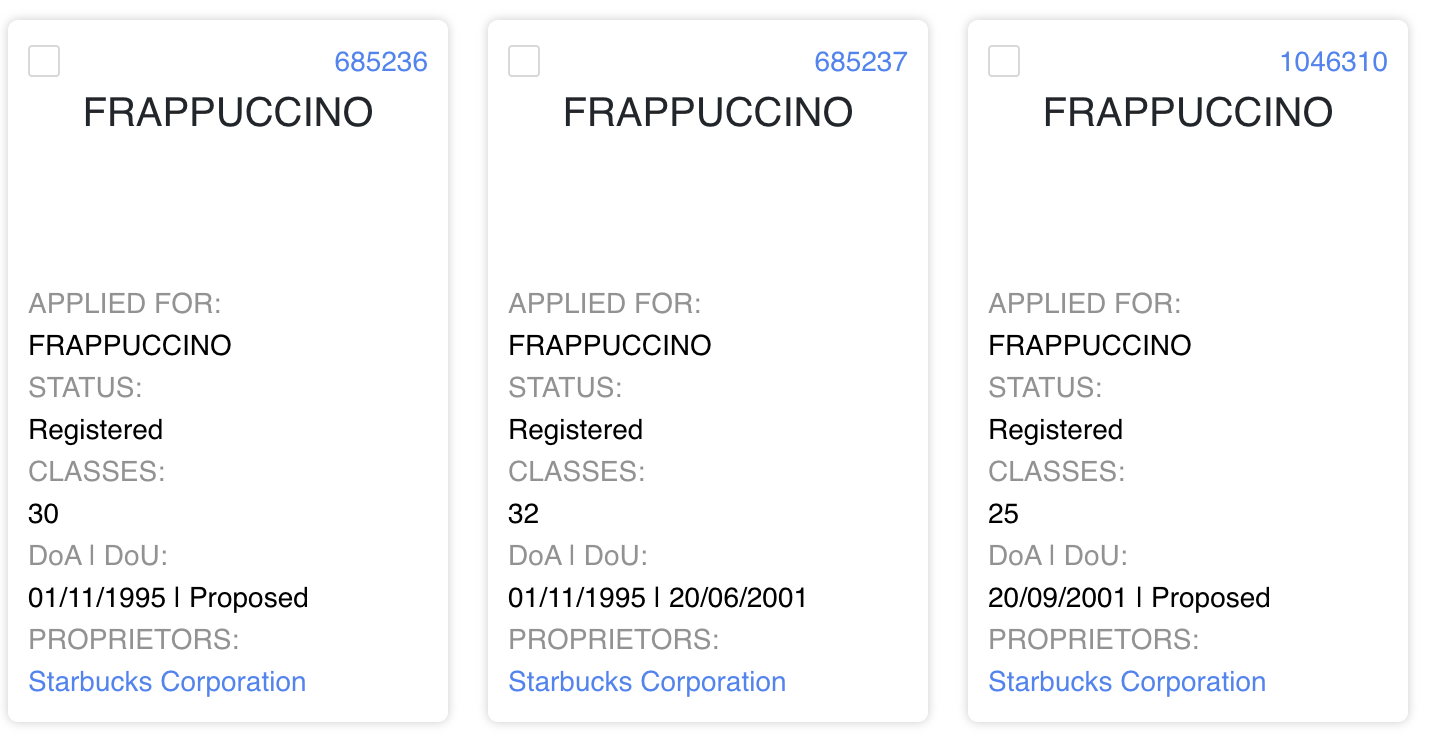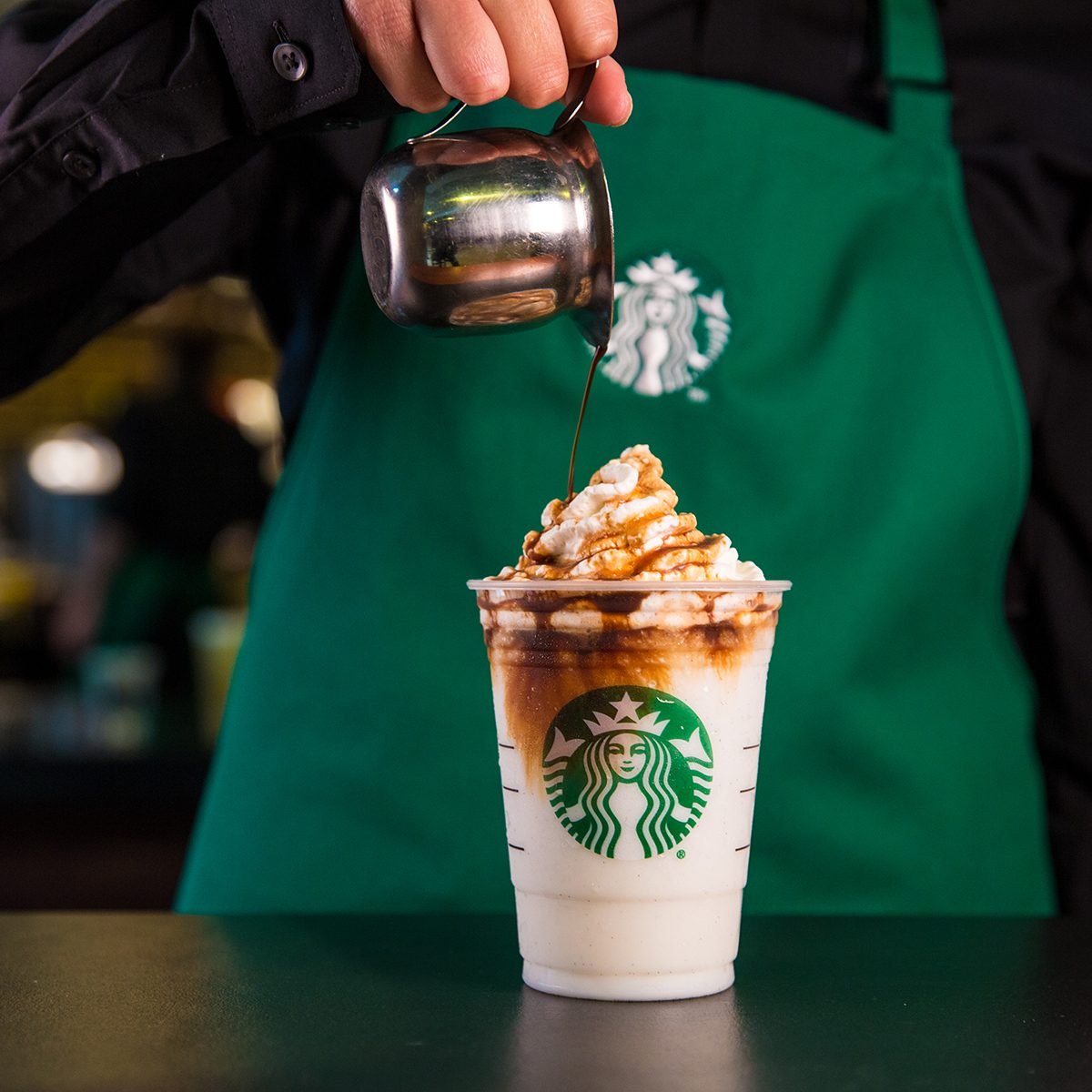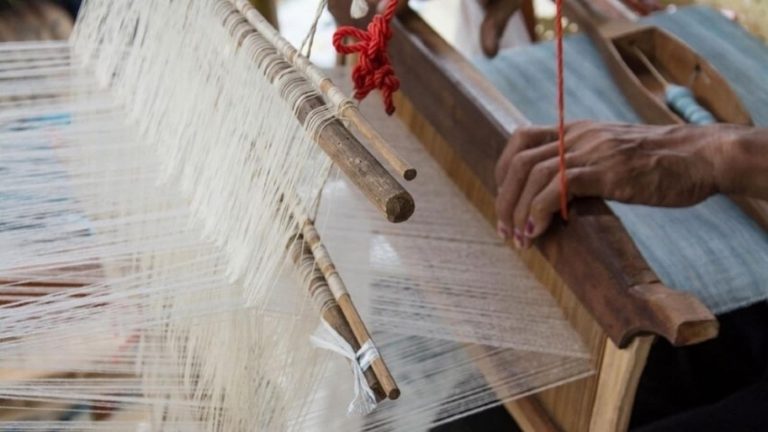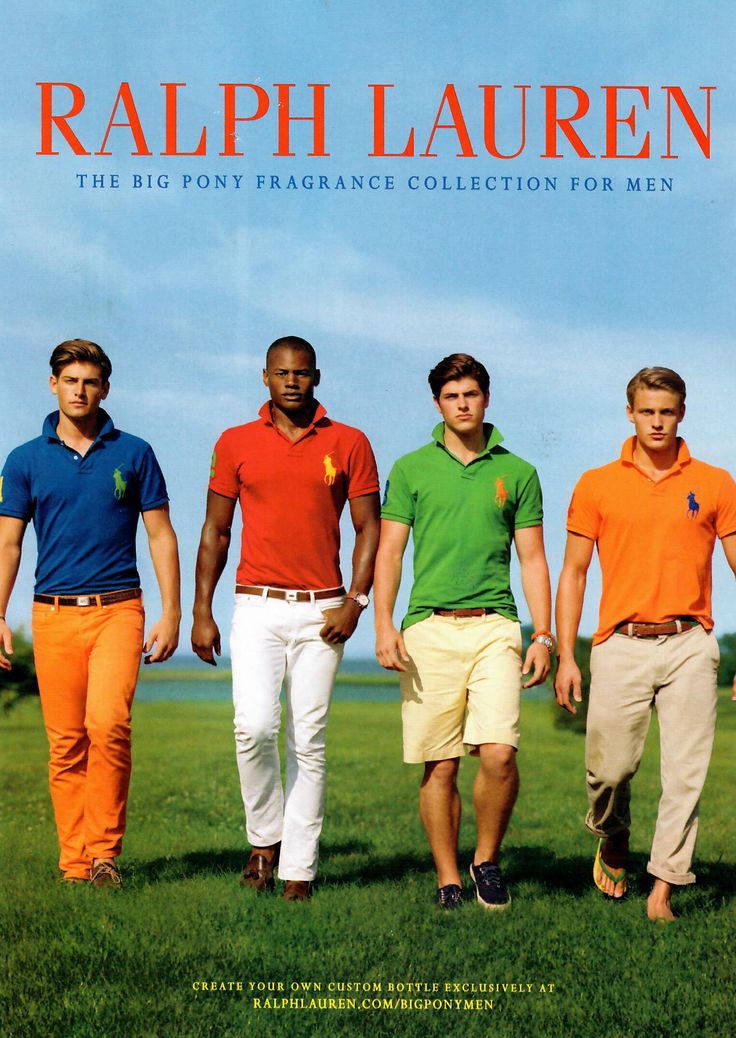Starbucks Corporation v. Teaquila A Fashion Cafe & Anr, 2022
Who’s Frappuccino, is it?
This suit filed by Starbucks Corporation (Plaintiff) against Teaquila A Fashion Cafe (Defendant), seeking a decree of permanent injunction restraining the Defendants from infringing it’s registered trademark “FRAPPUCCINO” either alone or with any prefix or suffix or any other confusing and deceptively similar trademark in relation to their goods, services and business as well as passing off.

The marks used by the Defendants were phonetically and visually identical to the Plaintiff’s FRAPPUCCINO mark and the names of the beverages were confusingly and conceptually similar to one of the Plaintiff’s hand-crafted beverage items i.e ‘SMOKED BUTTERSCOTCH FRAPPUCCINO’ and ‘HAZELNUT FRAPPUCCINO BLENDED COFFEE’.
The Plaintiff received information in 2018, that the Defendant was operating a cafe wherein they were selling/serving beverages under the name “Butterscotch Frappuccino” and “Hazel Nut Frappuccino” without Plaintiff’s permission, authorization or any license.
The Plaintiff claimed that the marks used by the Defendants were phonetically and visually identical to the Plaintiff’s “Frappuccino” mark and the names of the beverages could confuse and were similar to one of the Plaintiff’s hand-crafted beverage items. References were also made of the trademark FRAPPUCCINO on the printed menu card as well as on the electronic menu card of the Defendants’ cafe/restaurant and the latter is uploaded on third-party listing portal www.zomato.com for promotion, advertisement and generating business.
Starbucks Corporation was incorporated in 1985. The Plaintiff used the trademark FRAPPUCCINO and variations thereof for its widely popular hand crafted blended cold beverages and the said mark was also registered in over 185 countries and territories.
The Plaintiff stated that due to extensive use, worldwide sales and marketing and premium quality of the goods sold under the said marks, Plaintiff had earned formidable goodwill and reputation and had garnered attention from national and international media and had featured in various magazines and newspapers, including on websites.
It was averred that the Plaintiff had consistently received top-level brand rankings from various brand-evaluation agencies over the past 19 years, which included Interbrand, a leading International branding consultancy Company, which ranked STARBUCKS amongst the “Top 100 Brands” in the world (2000-2018), as also Forbes brand ranking, as being one of the World’s Most Valuable Brands.
The Plaintiff had sent a cease and desist notice to the Defendants. However, despite receipt of the notice as well as reminders and negotiation talks telephonically, Defendants continued to sell the impugned products. This gave no option to The Plaintiff other than filing the suit.
The Plaintiff contended that the trademark FRAPPUCCINO and its variants were registered in India and in foreign jurisdictions due to their continuous and extensive use in relation to the goods for which they were registered, they are associated with Plaintiff and none else. The trademarks have acquired the status of well-known trademarks under section 2(1)(zg) of the Act. Defendants are clearly infringing the trademarks as well as passing off their goods as those of the Plaintiff’s by use of the identical mark FRAPPUCCINO in respect of identical goods.
The adoption and continued use of the impugned trademarks by the Defendants is dishonest, without due cause and in bad faith. There was no bonafide explanation for adoption of this trademark. This showed that the Defendants had deliberately chosen to keep away from the proceedings, as they knew well that they had no defense. Their intention was clear that they just wanted to trade upon the immense goodwill and reputation of the Plaintiff and the usage of the trademarks would have a detrimental impact on the distinctive character of the trademarks, thereby diluting the same and also tarnishing the reputation of the Plaintiff.
The Court was of the view that Plaintiff’s FRAPPUCCINO trademarks had acquired a formidable reputation and goodwill in India and the Defendants had used identical marks with respect to similar goods and the trade channels and the customer base were also common. The triple identity test was also satisfied. Ex-consequenti, it was proved by the Plaintiff that use of the impugned marks by the Defendants amounted to the infringement of Plaintiff’s FRAPPUCCINO trademarks. It was also proved that the intent of the Defendants was to pass off their goods as that of the Plaintiff.
The claim for damages made by the Plaintiff was based on presumptions that the defendants would have sold 400 beverages, but in Court’s opinion, the same was based on conjectures and surmises and no evidence had been led to support the claim of damages. Court added that, the defendants were guilty of infringement and notional damages could be granted in terms of the decision in Indian Performing Right Society v. Debashis Patnaik, 2007. Therefore, damages to the tune of Rs 2,00,000 were awarded in favour of the Plaintiff and a Cost of Rs 9,60,100 towards the advocate’s fee was awarded in favour of the Plaintiff and against the Defendants.
References:






